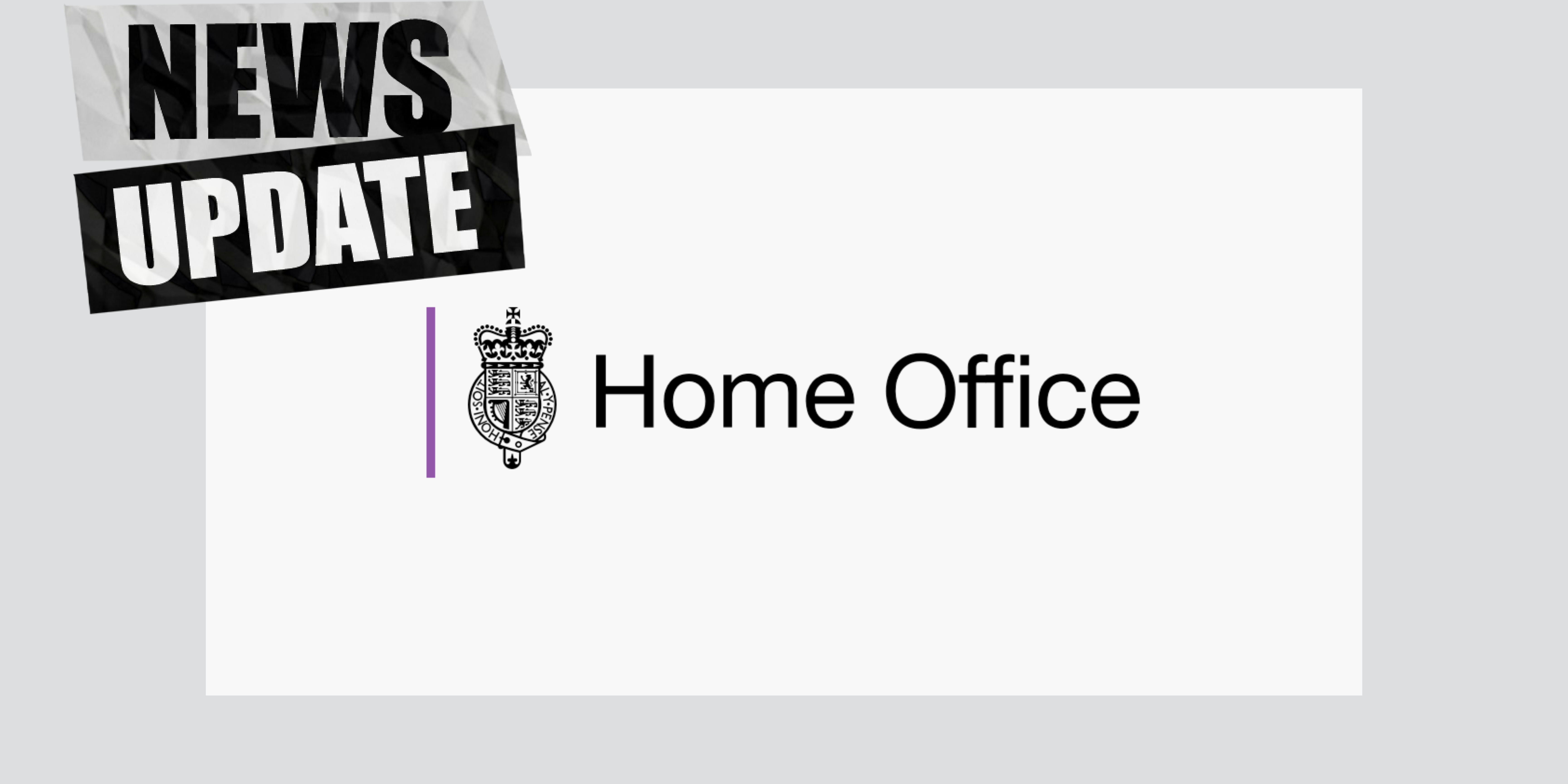Employers in the United Kingdom (UK) sponsoring Skilled Workers, including those from India, will no longer be able to shift certain sponsorship-related costs onto their employees. The new policy mandates that businesses cover expenses such as Certificates of Sponsorship (CoS), sponsor licences, and other related costs.
The change, announced in a ministerial statement by the Labour government on November 28, 2024, came into effect on December 31, 2024, following an update to the Home Office’s sponsor guidance.
What the new policy entails
The prohibition currently applies to the Skilled Worker route but is expected to extend to other sponsored work routes, as indicated in the ministerial statement.
“This is indeed good news for all non-residents working in the United Kingdom, including many skilled Indians who seek employment in the UK,” Aurelia Menezes, Partner at King Stubb & Kasiva, Advocates and Attorneys, told Business Standard.
Explaining the costs involved, Menezes added, “The costs that are prohibited include the sponsor licence fee, associated administrative costs, and Certificate of Sponsorship fees, amounting to around £2,239 (approximately Rs 2.3 lakh). Sponsors should now bear these costs when hiring international talent, including Indian workers.”
Skilled Worker sponsors are explicitly barred from transferring the following expenses to employees:
Sponsor licence fees and associated administrative costs for applications made from December 31, 2024, including requests to add the Skilled Worker route to an existing licence. These fees, particularly when using priority processing services, can total around £2,000.
Certificate of Sponsorship (CoS) fees for CoS issued on or after December 31, 2024. The CoS fee is currently £239 per worker, which can be a significant expense for organisations sponsoring multiple employees.
These rules build on the existing policy that prevents sponsors from passing the Immigration Skills Charge (ISC) onto workers. However, employers are still allowed to recover other immigration-related costs, such as visa application fees, Immigration Health Surcharges, and service charges paid on behalf of workers or their dependants.
Consequences of non-compliance
Sponsors who violate these rules risk severe penalties, including the revocation of their sponsor licence. This can lead to reputational damage, financial losses, and disruption for employees who may need to find new sponsors or leave the UK.
Impact on Indian workers
India remains the largest source of Skilled Worker visa recipients for the UK. In the year ending March 2024, approximately 160,676 work visas were granted to Indian nationals, making them the top beneficiaries.
Menezes does not expect the new policy to deter UK employers from hiring Indian professionals. “We do not foresee any repercussions due to this burden being passed on to the sponsors, as there is high demand for Indian skilled talent abroad, including in the United Kingdom,” she said.
Costs for skilled workers
Indian workers applying for a Skilled Worker visa should be aware of the costs they are responsible for, which include:
Application fees: £719 for stays up to three years or £1,639 for longer durations, with lower fees for jobs on the immigration salary list.
Healthcare surcharge: £1,035 annually.
Maintenance funds: Workers need to show they have at least £1,270 available unless the employer certifies maintenance costs.
For example, an Indian worker applying for a two-year Skilled Worker visa would pay a total of £2,789, including the healthcare surcharge. Additional funds of £1,270 must also be demonstrated unless the employer agrees to cover these costs.
Details for dependants
Partners and children accompanying the worker must also prove they can support themselves. The sponsor can opt to cover these expenses, but this must be confirmed in the Certificate of Sponsorship.



